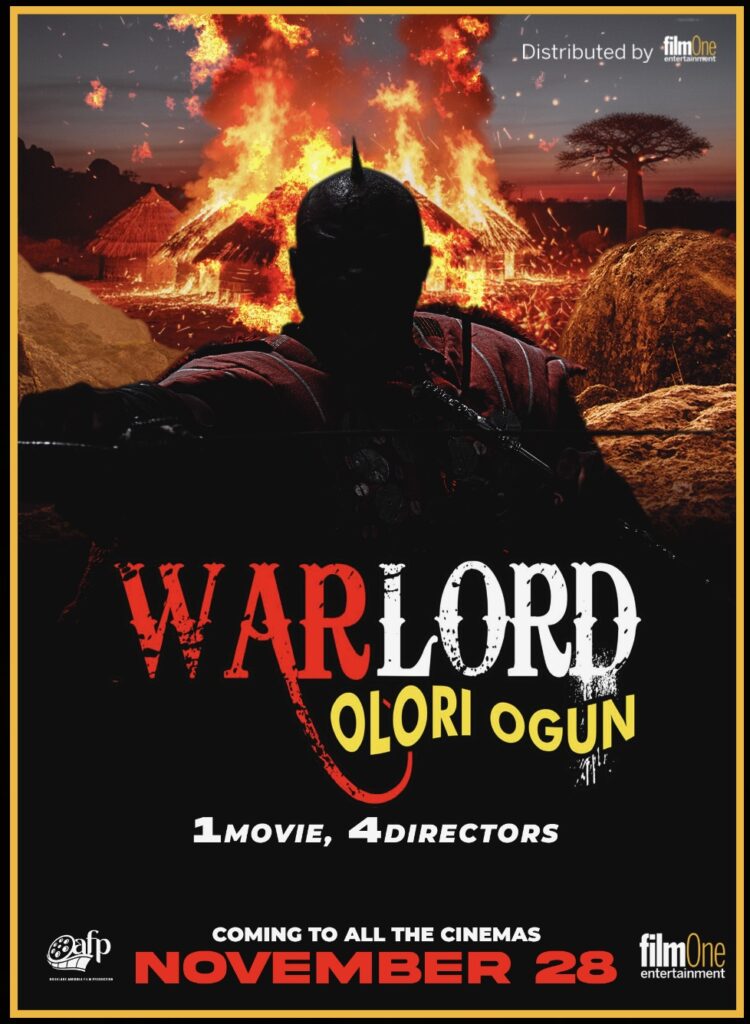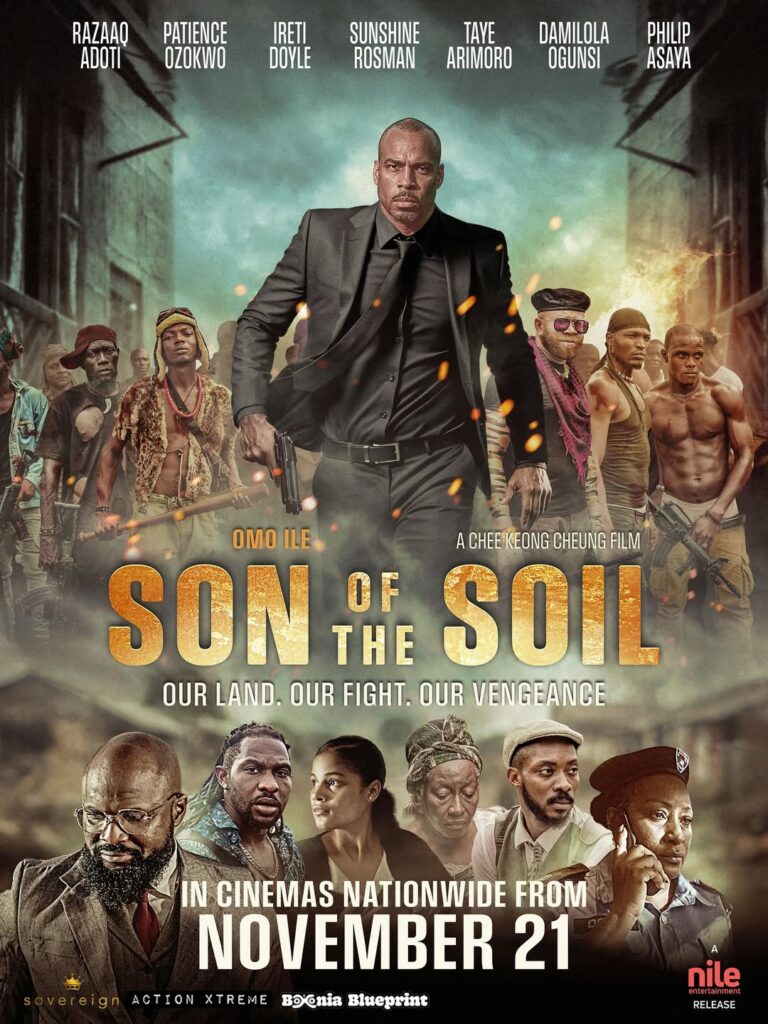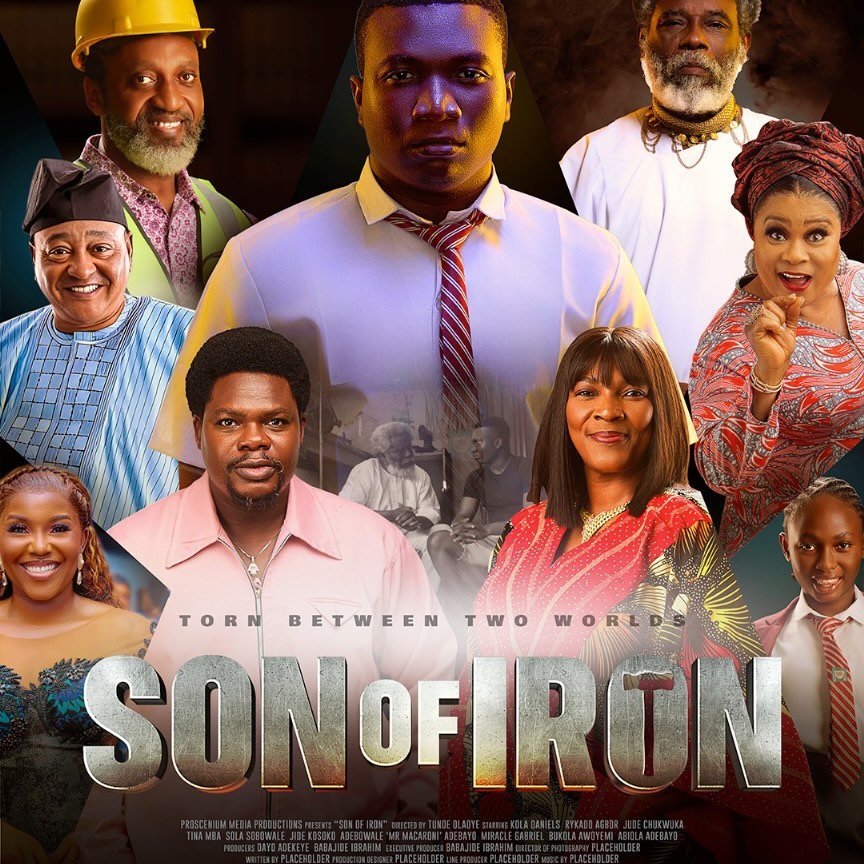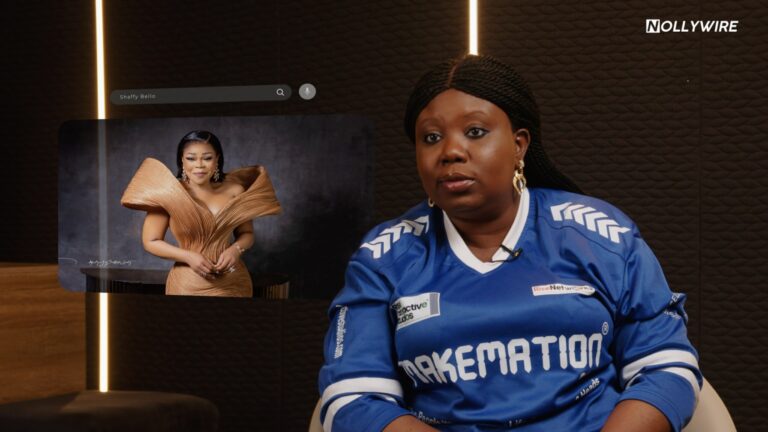The film industry can be overwhelming for many actors. There are many questions to be answered, like “What’s the next step for my career?” and “How do I present myself to the world?” These questions are exactly why talent managers exist.
Talent managers are one of the unsung heroes in the industry. Oftentimes, they are mistaken for talent agents. While many talent managers in the industry double as talent agents, they operate in different roles. Agents are primarily focused on booking gigs for their clients; meanwhile, managers are concerned with the overall career trajectory and handle personal development.
To truly understand the necessity of talent managers, we spoke to Demi Banwo, the co-founder of Working Talent Agency, who manages talents like Folu Storms. Storms took on the leading role in the box office hit ‘What About Us’ directed by Kayode Kasum.
We also sat with Wingonia Ikpi, the chief executive officer of Boxonia Blueprint. Her talents include Chuks Joseph, who recently starred in the football film ‘When Love Strikes.’ Together, they break down the duties of talent managers and cement them as actors’ fairy godmothers.
They are your “contractual” spouse
Banwo likes to describe the role as a “contractual marriage.” As a spouse is involved in all aspects of their partner’s life, so is a talent manager with his client. There have been times Banwo stepped in to handle his client’s personal crisis. His understanding is that a shaky personal life can affect your professional life. And because the job is closely tied to the talent, it also tampers with his work.
Many talents have an idea of what they want, but their thoughts are not formidable. Talent managers offer strategic guidance. From plotting long-term career goals to finding the right opportunities, they help you position yourself for success.
Talent managers take on the heavy lifting of handling your calendar, booking gigs, managing payments, and handling correspondence with agents, production companies, or brands. These managers also hold your hands much like spouses throughout your career (or till the contract expires). They drive you to set, help you navigate ups and downs, believe in your potential, and provide encouragement and advice. See, just like a spouse.
They are your negotiation gurus
One of the biggest challenges for creatives is negotiating contracts. The fine print in a contract can significantly impact your financial well-being and creative control. There are also times when a talent could overcharge or undercharge, impeding their career. With the right talent manager, you can avoid this.
Financial compensation is not the only thing up for negotiation. A talent manager can negotiate your placement on a movie poster, the time spent on set, and even the kind of hotel a production lodges you.
Talent managers, experienced in negotiation, know the ins and outs of industry contracts. They ensure you get the best possible terms, fair compensation, and retain rights that are important to you. Without a manager, actors often find themselves signing away rights, settling for lower pay, or agreeing to terms that limit future opportunities.
They are your industry insiders
Ever heard of the saying “It is not what you know but who you know”? This saying carries weight in the film industry. Talent managers can introduce you to opportunities you wouldn’t come across on your own.
Some talent managers also have access to industry events with networking opportunities. A simple introduction could leave a good impression on a casting director or producer at these events. And boom, you are summoned for an audition.
They are your image shapers
We now live in a very digital age, and this means actors are more than their talent; they are brands. Your image, how you are perceived by fans, followers, and industry professionals, plays a significant role in your success. Talent managers help craft a consistent and authentic public image, advising on everything from social media presence to public relations strategy.
The first thing Ikpi’s Boxonia does when onboarding a client is to have them answer a list of questions to get an understanding of the client’s career focus. Then they help shape and build a career that reflects the talent’s authenticity.
Talent managers help you stay relevant by moving with the times. They understand industry trends, which helps them make concrete decisions on your career. Having a manager who understands branding ensures you remain visible and marketable in an increasingly competitive industry.
They are your peacemakers
In any creative industry, disagreements are inevitable—whether it’s over creative control, contract terms, payment delays, or unfair treatment on set. Talent managers are skilled at stepping in to diffuse these tensions before they escalate.
They act as your advocate, resolving conflicts and ensuring your relationships stay intact. By managing delicate situations, they allow you to focus on your work. This keeps your reputation clean and prevents unnecessary stress from derailing your careee.
Many actors believe that talent managers are for people who have “made it,” but a talent manager is instrumental to “making it.” So if you’re passionate about your craft and want to take your career a step further, finding the right talent manager might just save you.




































